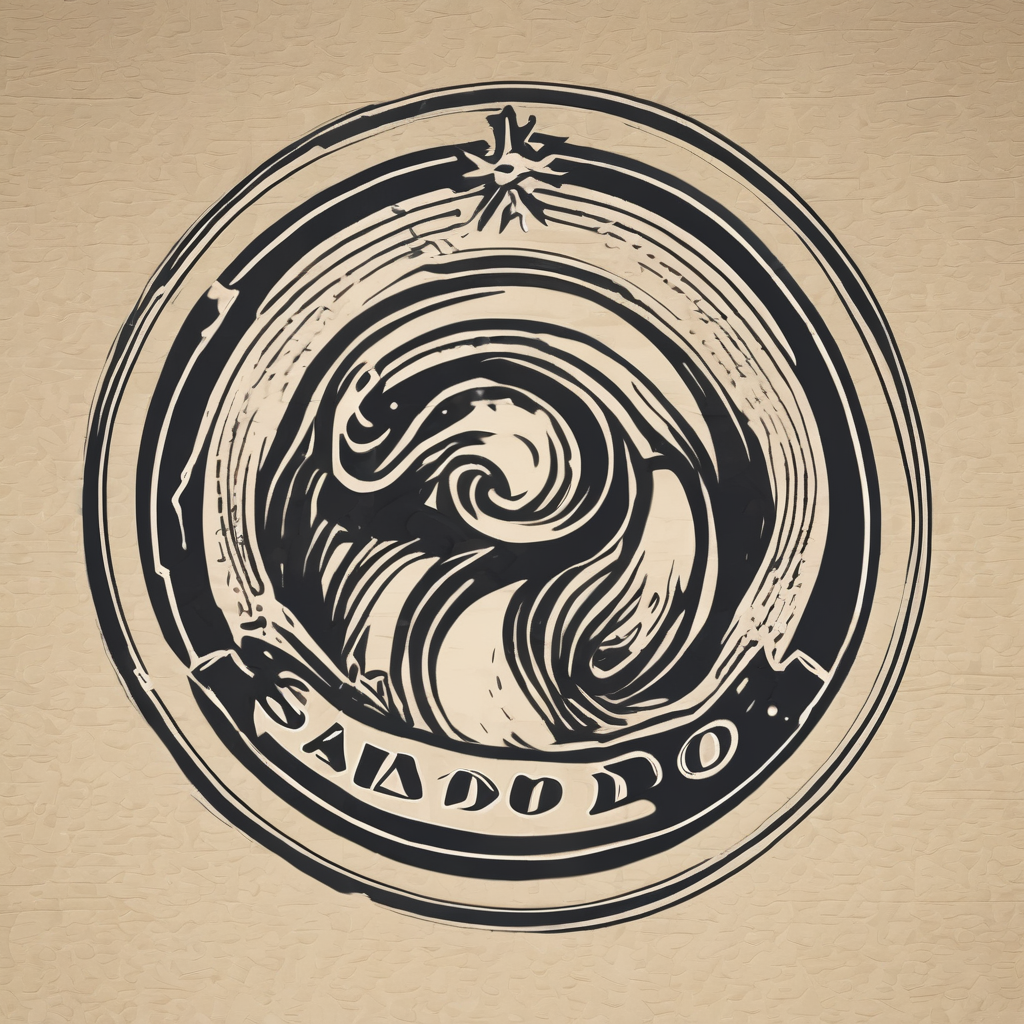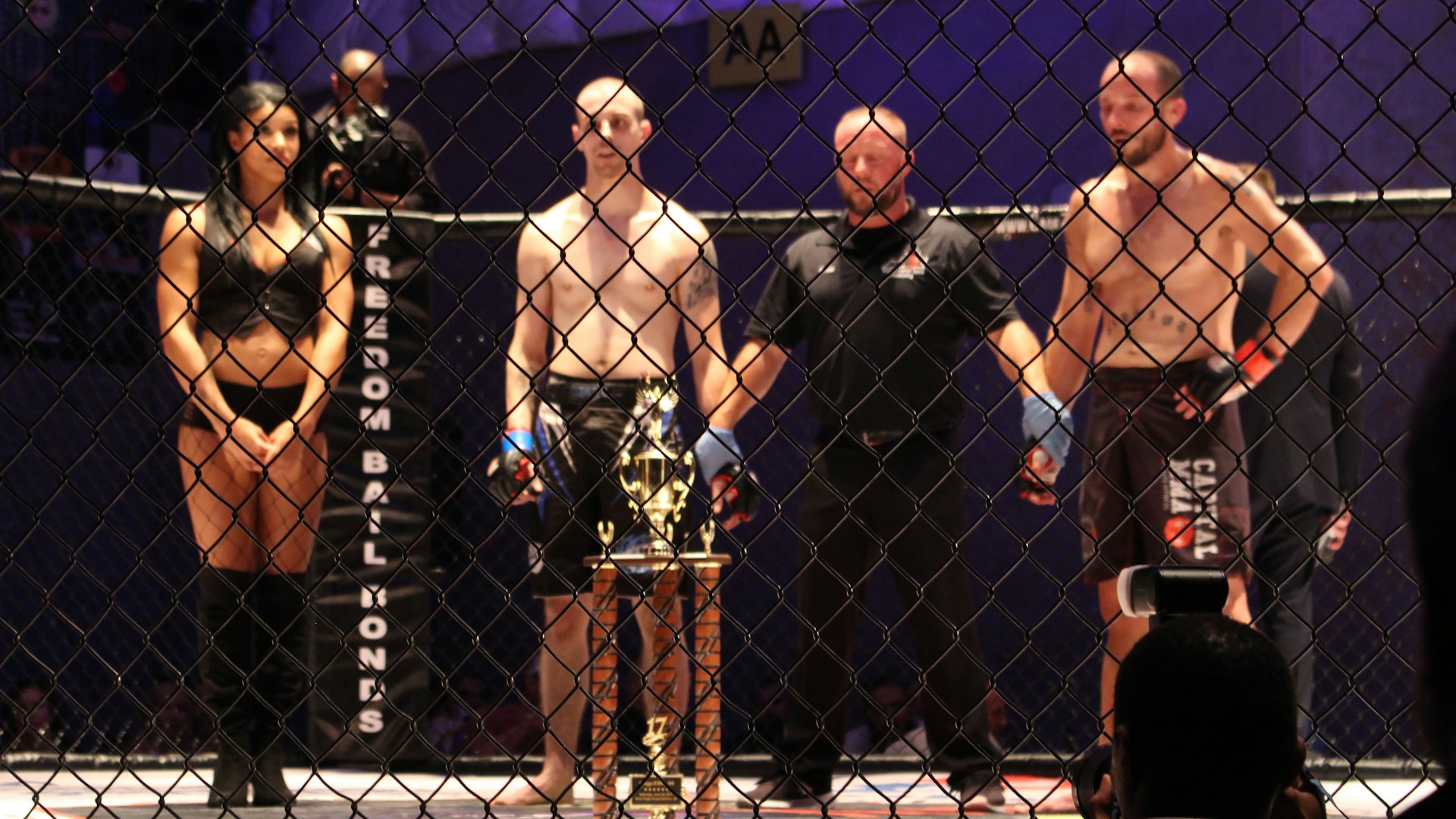MMA, otherwise known as Mixed Martial Arts, is a high-intensity sport that requires a remarkable level of physical strength and mental resilience. For UK MMA fighters, the constant strain on both body and mind necessitates an effective recovery process. The ideal recovery day should serve as a form of physical and mental rejuvenation, allowing these athletes to perform at their peak once more. In this article, we will delve into the strategies and techniques that can be employed to devise a recovery day for UK MMA fighters to maximize their physical and mental rejuvenation.
Incorporating Effective Rest and Sleep Patterns
Sleep is an often-overlooked aspect of an athlete’s recovery process, yet it plays a critical role in muscle repair and cognitive function. Optimizing the sleep patterns of your UK MMA fighters should therefore be a top priority.
Also to read : What are the most efficient footwork drills for UK fencing athletes to enhance agility during bouts?
Modern research has firmly established the link between adequate sleep and athletic performance. Sleep enhances muscle recovery through protein synthesis and human growth hormone release, which primarily occurs during deep sleep stages. When it comes to the mental aspect, sleep deprivation can significantly affect decision-making abilities and reaction times, both of which are crucial for MMA fighters.
Your fighters should aim for at least 7-9 hours of sleep per night. Encourage them to maintain a consistent sleep schedule and create a sleep-friendly environment. This means a dark, cool room free of noise disturbances. As a final note, it’s important to remember that sleep quality is equally important as quantity. If your fighters are struggling with sleep disorders or chronic insomnia, it may be worth consulting with a sleep specialist.
Also to see : How can UK kickboxers develop faster reflexes using specialized training drills?
Adopting a Nutritious and Balanced Diet
While exercise and rest form the basis of physical recovery, nutrition plays a complementary role. A well-rounded diet can provide the necessary fuel for your fighters’ bodies to repair and strengthen post-training.
A balanced diet for a recovery day might include lean proteins to aid in muscle repair and growth, complex carbohydrates to replenish glycogen stores, and healthy fats to reduce inflammation. Hydration is also crucial – dehydration can significantly impact an athlete’s cognitive and physical performance.
Nutrient timing is another important factor. Encourage your athletes to consume a protein-rich meal or snack within the 30-minute window following a training session, as this is when the body is most receptive to nutrient uptake.
Bear in mind that every athlete is unique, and you may need to tailor food choices and portion sizes to individual needs. Consulting with a sports nutritionist can be beneficial in this regard.
Incorporating Active Recovery and Stretching
Active recovery refers to engaging in low-intensity, low-impact activities on rest days. This can help increase blood flow and facilitate nutrient delivery to the muscles, aiding in the recovery process.
Activities like walking, swimming, or cycling at a relaxed pace can all be effective forms of active recovery. The idea is to choose activities that won’t tax your fighters’ bodies, but will keep them moving and promote flexibility.
Aside from active recovery, stretching is another powerful tool for muscle recovery. Incorporating a regular stretching routine can enhance flexibility, improve circulation, and reduce muscle tension. You should encourage your athletes to focus on dynamic stretching pre-workout and static stretching post-workout.
Mental Wellness and Stress Management
Mental health is just as critical as physical health when it comes to recovery. High-stress levels can delay the recovery process and negatively impact performance. Incorporating stress management techniques into your fighters’ recovery routine can help keep their minds sharp and bodies resilient.
Mindfulness and meditation practices can be particularly beneficial. Regular meditation can reduce stress hormones, enhance focus, boost mood, and even improve sleep quality. Offer guidance on basic mindfulness exercises or consider bringing in a meditation expert to run sessions.
Moreover, encourage your fighters to engage in activities they enjoy outside of MMA. Whether it’s reading, painting, or spending time with loved ones, these activities can serve as a mental break and help them return to training refreshed and rejuvenated.
Regular Health Check-ups and Monitoring
Lastly, regular health check-ups are an integral part of a recovery strategy. These can help detect any potential issues early and ensure your fighters are always in the best possible shape.
This should include regular physical exams, blood tests, and perhaps most importantly for MMA fighters, regular brain scans. Due to the nature of the sport, MMA fighters are at an increased risk of brain injuries. Regular monitoring can help detect any changes early and allow for immediate intervention.
Furthermore, mental health should not be overlooked – regular consultations with a sports psychologist can help fighters manage the mental pressures that come with the sport.
In conclusion, designing a recovery day for UK MMA fighters requires careful consideration of both physical and mental aspects. By incorporating effective rest and sleep patterns, a nutritious diet, active recovery, stress management techniques, and regular health check-ups, your fighters will be well on their way to achieving optimal rejuvenation.
Encouraging Restorative Yoga and Breathing Techniques
Breathing techniques and yoga, particularly restorative yoga, can be an excellent addition to a recovery day for UK MMA fighters.
Restorative yoga, as the name implies, focuses on rest and restoration. This type of yoga utilizes props like bolsters, blankets, and yoga blocks to support the body in poses that encourage relaxation and recovery. Poses are typically held for longer durations, allowing for deep relaxation of the musculoskeletal system and aiding in the release of muscular tension. By incorporating restorative yoga into their recovery regimen, MMA fighters can help their bodies recover from the intense physical strain that their training and bouts put them through.
Breathing techniques, alternatively, are a powerful tool for both physical recovery and stress reduction. One such technique, known as diaphragmatic breathing or belly breathing, involves inhaling deeply into the diaphragm rather than shallowly into the chest. This type of breathing can lower the heart rate and promote a sense of calm, which can be incredibly beneficial for athletes dealing with the mental stressors of their sport.
Teaching your fighters these techniques can be done through yoga classes or even online tutorials. The key is to remind them that restorative practices like these are not just extras, but essential components of a comprehensive recovery strategy.
Utilising Massage and Physical Therapy for Recovery and Injury Prevention
Another aspect to consider when designing a recovery day for UK MMA fighters is the inclusion of massage and physical therapy.
Massage therapy can aid in recovery by breaking down knots and adhesions in muscles that can limit range of motion. It also increases blood flow to areas that may be restricted, promoting quicker recovery. Different types of massage such as Swedish, deep tissue, or sports massage can be used depending on the specific needs and preferences of the fighter.
Physical therapy, on the other hand, plays a crucial role in both injury recovery and prevention. MMA fighters often suffer from a variety of injuries due to the intense physical demands of their sport. Regular sessions with a physical therapist can not only help them recover from existing injuries but also educate them on the proper techniques and exercises to prevent future ones.
Such sessions can focus on areas of weakness or imbalance in a fighter’s body, strengthening these areas to avoid the likelihood of injury. Consequently, your fighters will be healthier, stronger, and more resilient, able to return to their training with renewed vigour.
Conclusion
In the rigorous world of MMA, recovery is just as important as training. Physical and mental rejuvenation allows these fighters to maintain peak performance levels, reduce the risk of injury, and enjoy a prolonged, successful career in the sport.
Incorporating rest and sleep patterns, a balanced diet, active recovery, mental wellness, regular health check-ups, restorative yoga, breathing techniques, and massage and physical therapy into a recovery day can greatly enhance the rejuvenation process.
Designing a recovery day for UK MMA fighters is a considered task requiring attention to an array of factors. But, with the right approach, your fighters will be well-equipped to face the demands of their sport, showing up stronger, fresher, and more focused every time they step into the ring.






